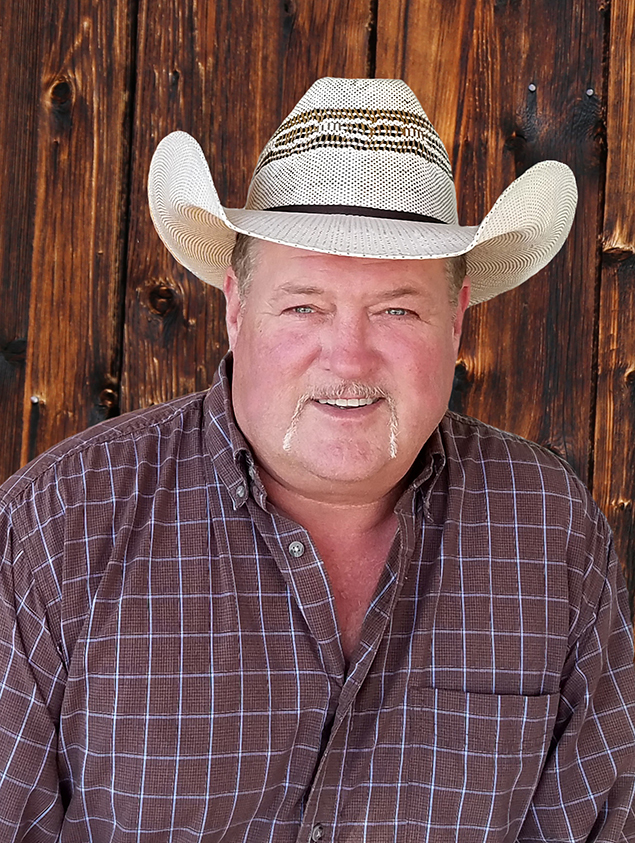
Broker Associate, Principle Owner Mason & Morse Ranch Company
The carefully constructed language of a Colorado 2020 ballot initiative leads the uninformed reader to believe that wolves are extinct in Colorado…they are not. Colorado Parks & Wildlife has confirmed sightings of wolves that have migrated into Colorado across public hunting lands and ranches for sale.
A proposed 2020 ballot measure touted by wolf activists is an attempt to force the release of gray wolves in Colorado. The carefully constructed language of the initiative leads the uninformed reader to believe that wolves are extinct in Colorado and the wolves can’t get here on their own. As wolf packs continue to increase in numbers and expand their range from adjacent areas, wolves will naturally colonize Colorado on their own.
According to the U.S. Fish & Wildlife Service,
“It is not uncommon for wolf territories to be as large as 50 square miles but they may even extend up to 1,000 square miles in areas where prey is scarce. Wolves often cover large areas to hunt, traveling as far as 30 miles a day. Although they trot along at 5 m.p.h., wolves can attain speeds as high as 40 m.p.h. Most wolves disperse from the pack they were born into by age three. Dispersing wolves have traveled as far as 600 miles.”
With the initial release of 31 wolves in Yellowstone National Park and 35 wolves released in central Idaho, wolves rapidly colonized surrounding areas. By 2015 the Northern Rocky Mountain wolf population was estimated to be in excess of 1,700 wolves. From this initial release, wolves have migrated into Montana, Washington, Oregon, California, Utah, and now into Colorado.
While the ballot initiative gives a token acknowledgement of wolf depredation of livestock which support Colorado ranches and the long heritage of owning a ranch in Colorado, it totally ignores the devastating impacts to our big game herds and impact on Colorado hunting properties.
History shows that wolves decimate their prey base of elk, moose, and deer. On Colorado hunting land these are popular species among local land owners and out of state hunters.
A single wolf kills an estimated 16-22 elk per year. In the 1990’s, the West Yellowstone elk herd was estimated at 19,000 head and had plummeted to ~4,900 by 2015. Idaho’s Lolo elk herd was estimated at 13,000 in 1994 and was reduced to 1,945 by 2016.
Through the tremendous efforts of the Colorado Parks & Wildlife, Colorado has one of the last great remaining Shiras moose herds in the western United States. Yet in other states wolves are essentially eliminating the Shiras moose populations in areas that packs roam, reducing moose number by 50-75 percent, and even up to a 90 percent loss in some areas. We must not let Colorado progress in restoring the Shiras moose become a victim to the ill-conceived idea of forced wolf introduction.
Additionally, the wolf ballot initiative fiscal impact statement simply offers no lucid plan to pay for the damaging impact of wolves or the overall management cost of wolves. At $344,363 for fiscal year 2021-22, the fiscal impact statement is deliberately misleading, and grossly underestimates the management cost of wolves.
Wyoming Game & Fish recently released their 2018 cost of managing wolves, a staggering $1.2 million.
The 2020 ballot initiative largely ignores the findings and recommendations for managing wolves that migrate into Colorado. It is recommended the CPW should operate a wolf damage fund within the Colorado Game Damage Program, but the funds for wolf damage payments and staff to administer the program should not be derived from sportsmen’s dollars and should not encroach upon other game damage payment programs.
The initiative is a Trojan horse that will subject Colorado to a non-native, apex predator that severely compromises the viability of our hunting properties, big game herds and Colorado ranches supporting livestock.
To learn more real facts about the impacts of wolves, and protecting our Colorado ranches and hunting properties visit the stopthewolf.org website or contact me personally.
Scot Oliver is Co-Chair of StopTheWolf.org. As Broker Associate and principle Owner of Mason & Morse Ranch Company, Scot Oliver has a proud family heritage that spans three generations of farming and ranching, raising registered Herefords and Quarter Horses. He has owned and operated a livestock auction company in addition to ranch real estate brokerage throughout Colorado and surrounding territories.